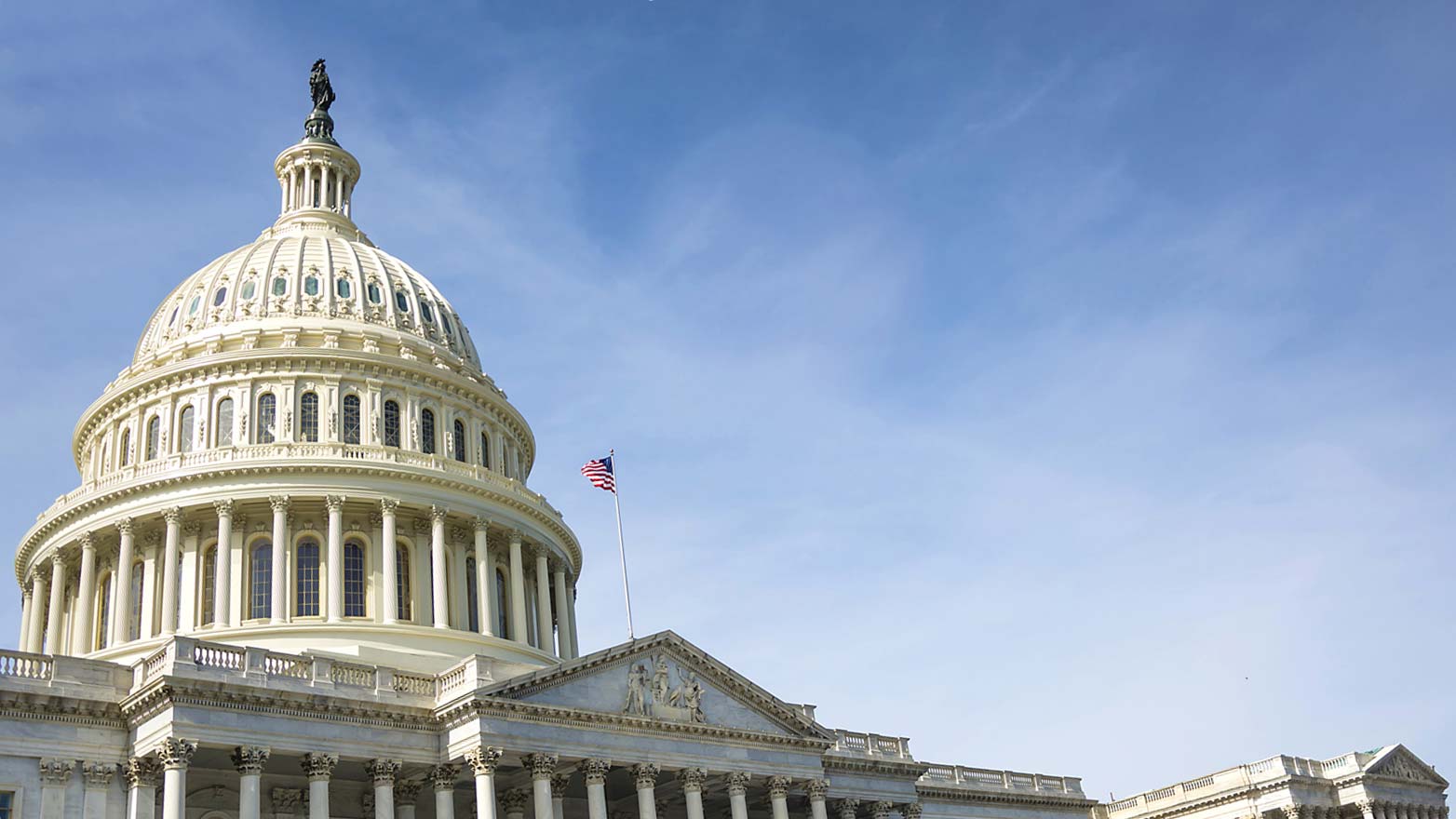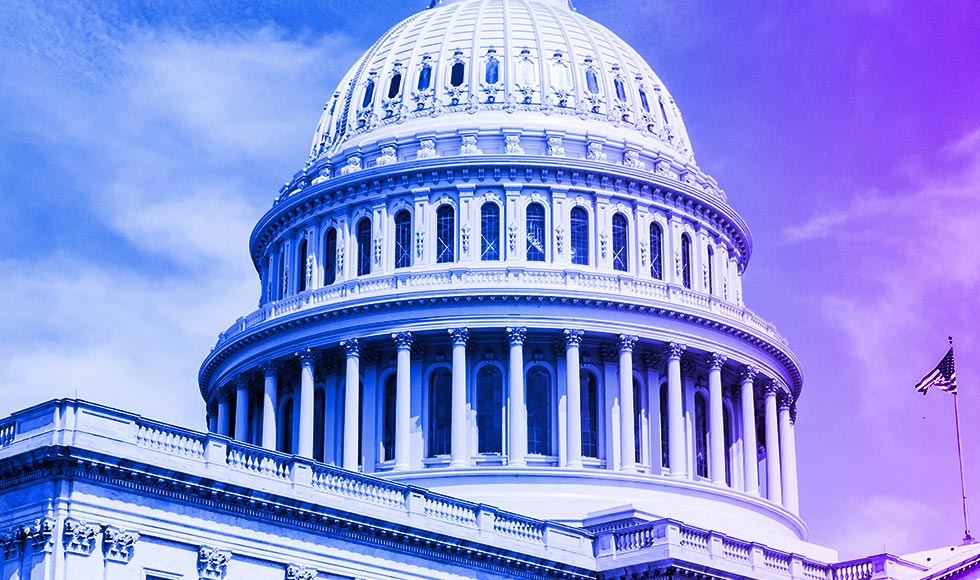To address concerns regarding the trading activities and behaviors of corporate insiders with access to non-public material information, the SEC is proposing changes to Rule 10b5-1 as well as new disclosure requirements. Companies subject to SEC regulation must ensure that practices are in place to safeguard against prohibited trading activities by corporate insiders. Companies should also be proactive in evaluating how the proposals may impact their current policies and practices regarding insider trading, compensation, and gifts of securities. Enhanced scrutiny of insider trading and supervisory compliance programs should also be anticipated.
Insider Trading and Share Repurchases
Proposed changes to Rule 10b5-1 as well as new disclosure requirements

Share
Dive into our thinking:
Insider Trading and Share Repurchases
Download PDFGet the latest from KPMG Regulatory Insights
KPMG Regulatory Insights is the thought leader hub for timely insight on risk and regulatory developments.
Explore more

Washington Report 360
A weekly newsletter covering legislative and regulatory developments affecting financial services firms—in 360 words or less.

Points of View
Insights and analyses of emerging regulatory issues and their impact.
Meet our team

Amy S. Matsuo
Principal, U.S. Regulatory Insights & Compliance Transformation Lead, KPMG LLP
